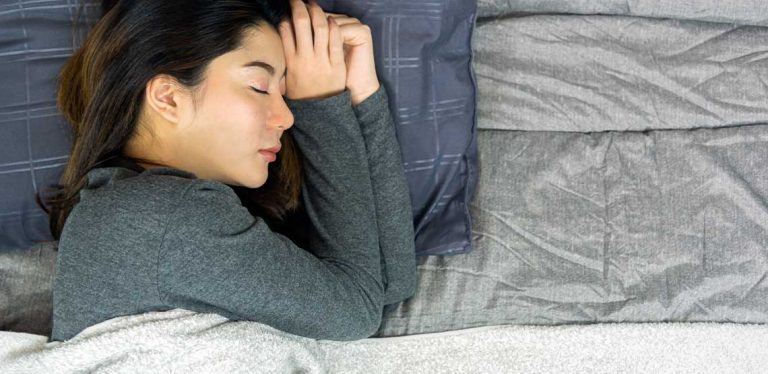What is Sleep Apnea?
Sleep apnea affects millions of people around the world. What is sleep apnea? It causes snoring, poor sleep, and difficulty with daytime performance. It is also associated with an increased risk for several medical problems, which makes sleep apnea an important issue to manage for better health. Here are some facts about sleep apnea, its symptoms, diagnosis, and treatment that can help you understand this common problem.
Understanding Sleep Apnea
It is a sleep disorder that causes interruptions in normal breathing during sleep. The interruptions in normal breathing patterns can occur many times during the night, interrupting sleep and causing insufficient oxygen to the heart, brain, and the rest of the body. The problem occurs when the soft tissues in the back of the mouth and throat relax during sleep, causing them to partially close the body’s airway. This causes the inability to receive a sufficient amount of oxygen during sleep.
Risk factors for sleep apnea include being over the age of 40, being overweight, having a large neck size, being male, and having a family history of the disorder. Individuals with deviated septums and sinus problems are also at greater risk.
What Are the Symptoms?
Loud snoring is one of the most common symptoms among people. Some people experience morning headaches, a sore throat when they wake up, or sleepiness during the day. They may wake up gasping for breath during the night. Some people also have mood changes, lapses in memory and decreased interest in physical activities. Others wake up frequently during the night or have trouble falling asleep.
How is It Diagnosed?
Diagnosis is done by taking a medical history, evaluating symptoms, and sometimes through tests at a sleep clinic.
One of the tests used is called a nocturnal polysomnography. During the test, a person is attached to machines and monitors that will monitor lung activity, brain functions, breathing patterns, and bodily movements.
If you are not comfortable with this, they also make at-home tests. These are more simplified and your doctor will send you home with needed supplies. Much like the above test, this one measures your heart rate, oxygen levels, and breathing patterns.
Once the testing sessions are complete, your doctor will analyze your results. If the results are inconclusive or are not as they should be, more testing may be done.
Health Effects of Sleep Apnea
If left untreated, the condition can lead to high blood pressure, diabetes, heartbeat irregularities, heart attack, stroke and depression. Chronic headaches and worsening of ADHD can also occur. Fatigue and poor concentration can lead to poor performance in school or work tasks, driving accidents, and problems with memory. Treatment can help to reduce the risk of health problems and daytime performance problems.
Related Search Topics (Ads)
Treatment Options
Typical remedies include medications and medical devices to improve nighttime breathing. Medication can be both prescription or over-the-counter. Your doctor will make the decision depending on your condition.
Medication
Common OTC medications used:
- Sominex.
- Nytol (diphenhydramine).
- Unisom (doxylamine).
Common medications that are prescribed:
- Halcion (triazolam).
- Ativan (lorazepam).
- Valium (diazepam).
Nasal decongestants or allergy medications can also improve breathing during sleep.
Lifestyle Changes
Lifestyle measures to help with weight loss or to quit smoking can help to reduce sleep apnea problems. If a person is overweight, fat deposits can develop on their neck and tongue, making it harder to breathe. If a person loses weight, it may help them breathe easier. As for smoking, the nicotine and smoke damages the lungs. Over time this can make it more difficult to breathe. So, eat a healthy diet low in fat and quit smoking if you have that habit.
Devices
Continuous positive airway pressure devices, called CPAP machines, can help to keep airway passages open during sleep. The device requires wearing a face mask during sleep to ensure proper breathing during the night. Although the equipment requires some getting used to, individuals generally find the effects are beneficial and are motivated to continue using the device.
What Happens if Sleep Apnea is Left Untreated?
If you feel that you may be at risk for this condition, it is crucial to talk to your doctor so they can initiate a proper diagnosis and treatment sequence. If left untreated it can result in high blood pressure, which leads to strokes, heart attacks, and potentially death.
Talk to Your Doctor
If you are experiencing the symptoms, talk to your doctor about treatments that can improve your nighttime breathing. Several effective remedies, such as CPAP machines, are available. Medical help for this disorder can help you to live a longer and healthier life and will improve your performance during the day.

